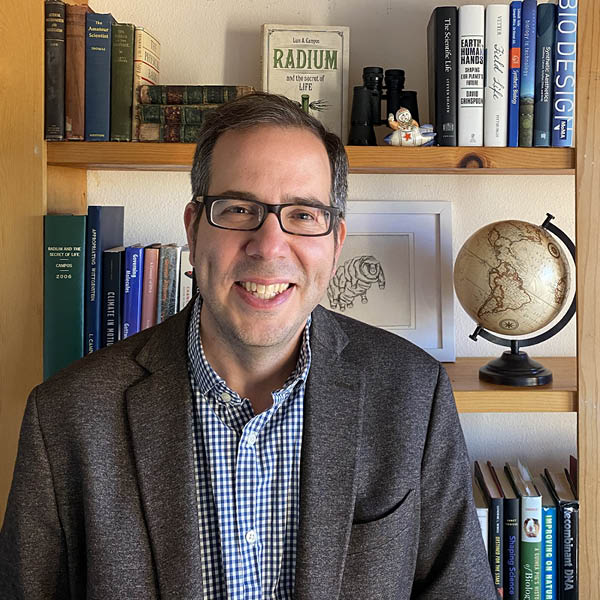“THE SPIRIT OF ASILOMAR”
“Debating the ethics of human interference with the mechanics of evolution in a church at the edge of the immense saline test tube where it all started: Rarely does one find one’s metaphors so cheap — or so apt.” So began a remarkable Rolling Stone article summarizing the historic International Conference on Recombinant DNA Molecules held in February 1975. Convened by the world’s molecular biologists, the meeting was intended as a technical gathering to assess means of minimizing the risk of potential biohazards involved with novel recombinant DNA techniques before these had been fully developed (and before much was known about them), in order to lift a temporary and voluntary moratorium. The “Asilomar” meeting, as it came to be known, drew over 100 scientists from around the world (as well as four legal scholars) to hash out the potentials of the novel recombinant DNA technology — all while being observed by 16 journalists, a new feature for a scientific conference.
Nearly 50 years on now, the contested meanings of this landmark event in the history of science policy are ripe for reconsideration. In the half-century since Asilomar, scientists, scholars and policymakers alike have debated whether “Asilomar” was a paradigmatic or exemplary event; recounted how it unfolded and what it all meant for laboratory protocols, research agendas, scientific governance and for society at large; and also questioned whether “another Asilomar” meeting was necessary to deal with the emergence of newer techniques in biotechnology. Indeed, “Asilomar” is routinely invoked today in a variety of other fields ranging from geoengineering to artificial intelligence and machine learning. But with so many contested meanings, does it make sense to speak of a unitary “spirit of Asilomar”? In this talk, Campos will explore the resonances and tensions between the famed historical Asilomar, which saw itself as a future-directed event, and contemporary claims for its putative lessons. As memories, folk histories and competing analyses intersect with the pressing demands of cutting-edge science, the “spirit of Asilomar” remains a contested reference point, haunting science and society relations.
Biography
Luis Campos is a historian of science whose scholarship brings together archival discoveries with contemporary fieldwork at the intersection of biology and society. He has written widely on the history of biological engineering and is the author of “Radium and the Secret of Life” (University of Chicago Press, 2015) and co-editor of “Making Mutations: Objects, Practices, Contexts” (Max Planck Institute for the History of Science, 2010) and “Nature Remade: Engineering Life, Envisioning Worlds” (University of Chicago Press, 2021). He has held the Baruch S. Blumberg NASA/Library of Congress Chair in Astrobiology (2016–2017) and has been in residence at the Institute for Advanced Study (Princeton), Columbia University (New York), Fondation Brocher (Geneva), Akademie Schloss Solitude (Stuttgart) and the biotech company Ginkgo Bioworks (Boston). Campos is an associate editor of the Journal of the History of Biology and recently completed six years serving as Secretary of the History of Science Society.

